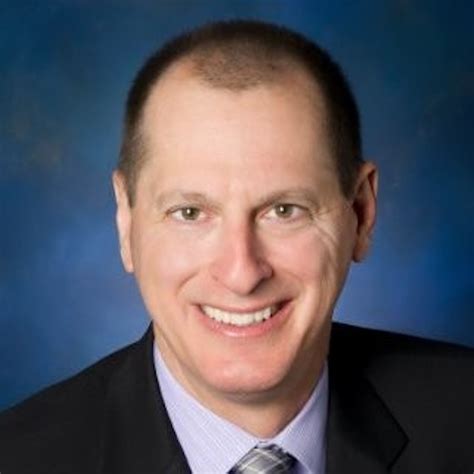A Quote by Paul McCartney
In some ways we live in a world where things appear to be very logical, very rational, and mechanical aspects of our world are rather scientific and rather straightforward.
Related Quotes
But our ways of learning about the world are strongly influenced by the social preconceptions and biased modes of thinking that each scientist must apply to any problem. The stereotype of a fully rational and objective scientific method, with individual scientists as logical (and interchangeable) robots, is self-serving mythology.
For centuries, we in the West have thought of ourselves as rational animals whose mental capacities transcend our bodily nature. In this traditional view our minds are abstract, logical, unemotionally rational, consciously accessible, and, above all, able to directly fit and represent the world. Language has a special place in thie view of what a human is - it is a privileged, logical symbol system internal to our minds that transparently expresses abstract concepts that are defined in terms of the external world itself.
I was very young when I prepared those prints. I suspect the reason I couldn't celebrate the floating world was that I couldn't bring myself to believe in its worth. Young men are often guilt-ridden about pleasure, and I suppose I was no different. I suppose I thought that to pass away one's time in such places, to spend one's skills celebrating things so intangible and transient, I suppose I thought it all rather wasteful, all rather decadent. It's hard to appreciate the beauty of a world when one doubts its very validity
We live in a world that is dominated by science. And that's not a bad thing - not at all. But one of the problems with the scientific worldview is that it leads human beings to have an overwhelmingly theoretical relationship to the world. For example, I no longer accept my being in the world practically and then try to describe that or elucidate that; rather, I see the world theoretically as colors and objects and representations which are fed through my retina into the brain.
One of the great unresolved psychological enigmas of the modern western world is the question of what or who has persuaded us to accept as virtually axiomatic a self-view and a world-view that demand we reject out of hand the wisdom and vision of our major philosophers and poets in order to imprison our thought and our very selves in the materialist, mechanical and dogmatic torture-chamber devised by purely quantitative and third-rate scientific minds.




































